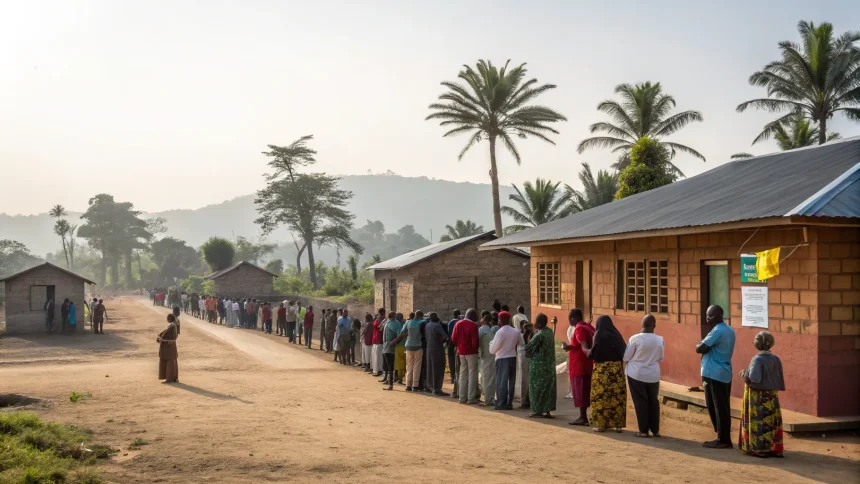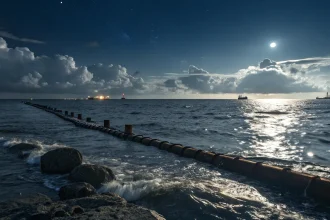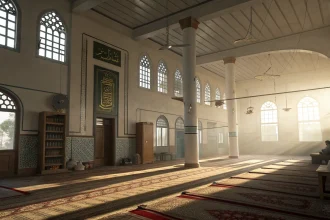Cameroon held national elections Sunday that could extend President Paul Biya’s 42-year rule for another seven years, potentially cementing his status as both Africa’s longest-serving leader and the world’s oldest president.
The 91-year-old Biya, who has governed the Central African nation since 1982, faced voters in a contest that opposition figures and international observers have watched closely. If successful, this would mark his eighth term in office, extending his leadership until he reaches 98 years of age.
Four Decades of Leadership
Biya’s lengthy tenure began when he took power in 1982, following the resignation of Cameroon’s first president, Ahmadou Ahidjo. Over the decades, he has maintained a firm grip on the country’s political system through a combination of constitutional changes, political maneuvering, and electoral victories that opposition groups have frequently contested.
His administration has weathered multiple challenges, including:
- Economic crises and structural adjustment programs
- Regional security threats
- Separatist movements in the Anglophone regions
- International pressure for democratic reforms
Electoral Context and Opposition
Sunday’s vote took place amid ongoing tensions in Cameroon’s English-speaking regions, where a separatist conflict has claimed thousands of lives since 2017. The crisis began when Anglophone lawyers and teachers protested against perceived marginalization by the French-speaking majority government.
Opposition candidates have criticized the electoral process, citing concerns about transparency and fairness. Previous elections have been marked by low turnout in opposition strongholds and allegations of irregularities, which the government has consistently denied.
“This election represents a critical moment for Cameroon’s future,” said one political analyst who has studied the country’s electoral history. “The question is whether it will bring continuity or change to a nation facing significant economic and security challenges.”
Regional and Global Significance
Cameroon’s election carries significance beyond its borders. The country occupies a strategic position in Central Africa and plays a key role in regional security efforts, particularly against Boko Haram in the Lake Chad Basin.
For many young Cameroonians, who make up the majority of the population, Biya has been the only president they have ever known. This demographic reality has shaped political expectations and created a generation gap in perspectives on governance and leadership.
International observers have monitored the electoral process, though their access and ability to verify results have sometimes been limited in past elections. The African Union and other regional bodies deployed observer missions to assess the vote’s credibility.
Economic issues also featured prominently in the campaign, with Cameroon facing challenges including high youth unemployment, infrastructure deficits, and dependence on oil exports in a changing global energy landscape.
As vote counting began Sunday evening, both the ruling party and opposition groups claimed confidence in their prospects. Official results are expected to be announced in the coming days, determining whether Biya will extend his position as the world’s oldest serving head of state.









